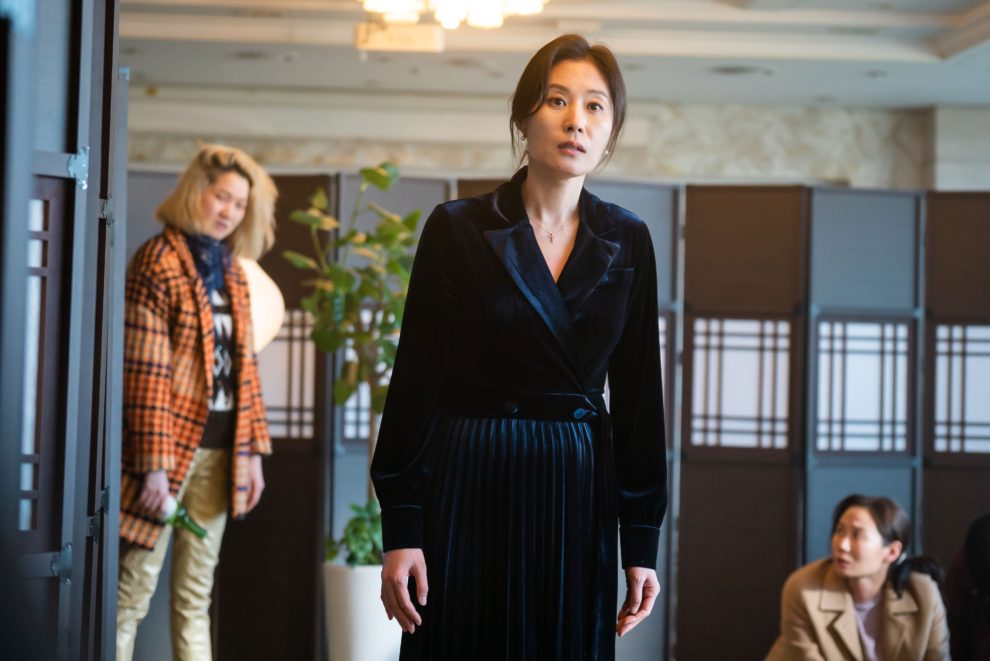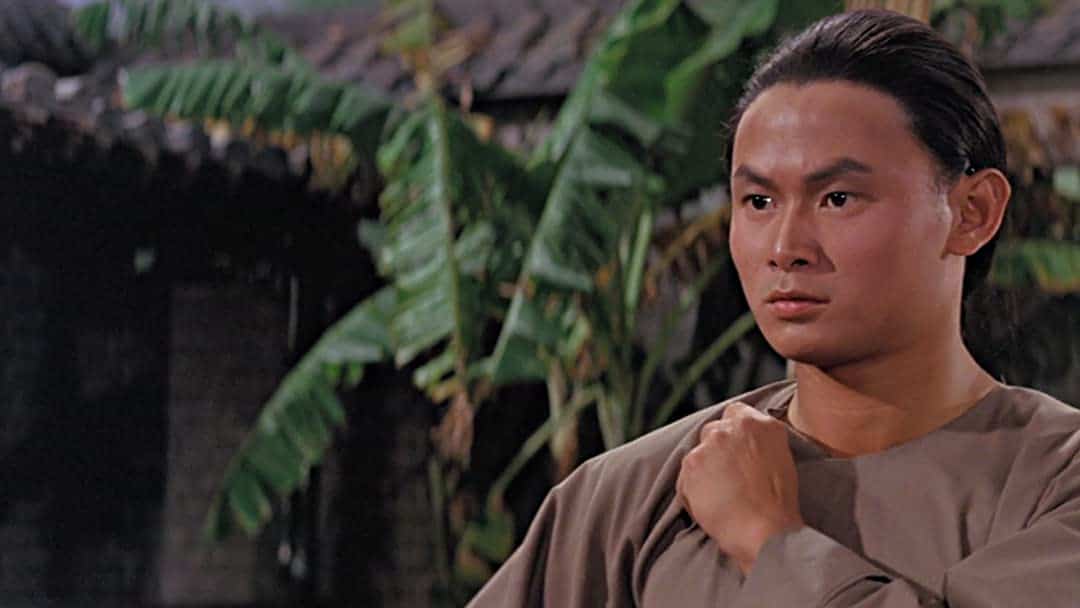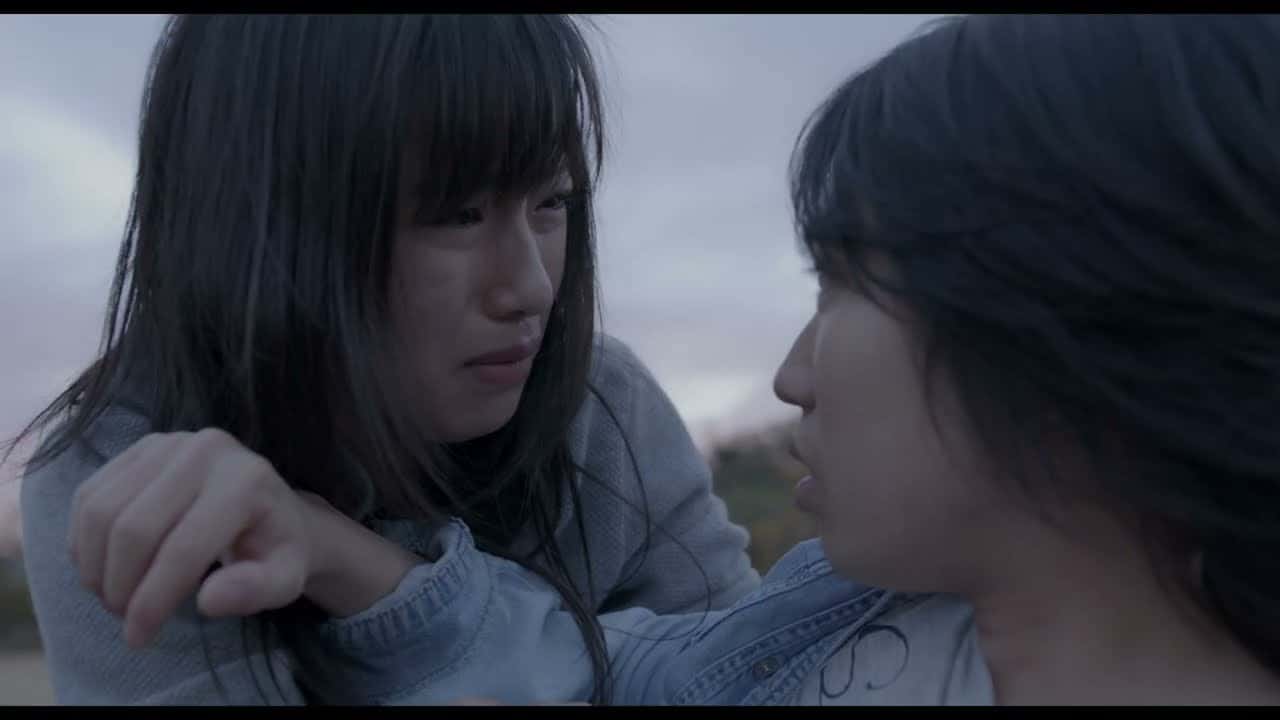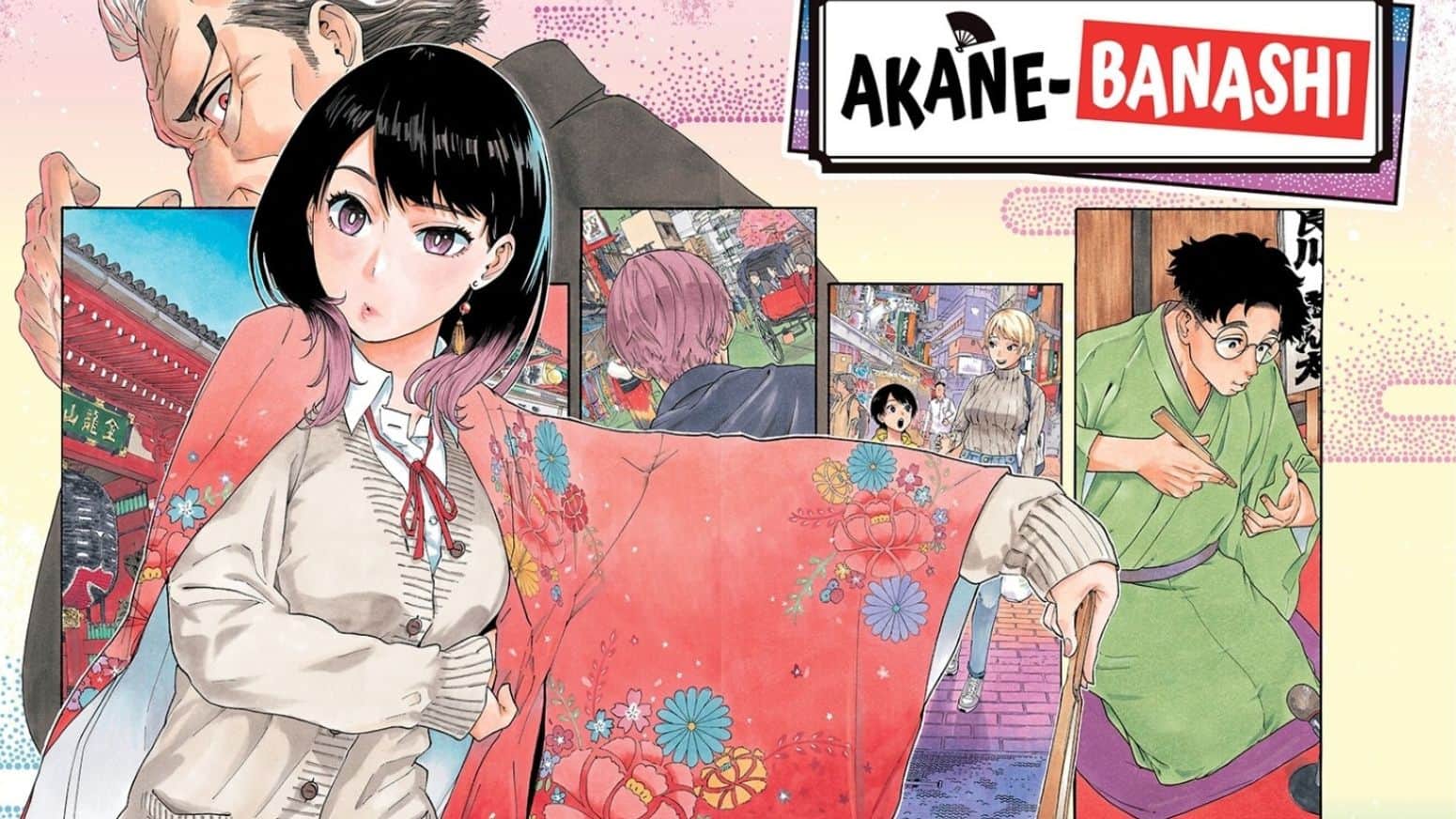Moon So-ri has always been an actress whose projects are worth keeping an eye out for. While she rarely does solo leading lady parts these days, even her work within an ensemble cast rarely disappoints. It is, thus, with anticipation that her latest feature “Three Sisters” by director Lee Seung-won, on which she also acts as producer, was looked forward to.
Three Sisters screened at Osaka Asian Film Festival

As the title suggests, our central characters here are three sisters, each with their different lives yet each equally pitiable in those lives. The eldest, Hee-sook, is an always apologetic florist who can't seem to tell anyone, not even her rebellious daughter Bo-mi, that she has been diagnosed with cancer. Middle sister Mi-yeon is a devout Catholic choirmaster who can't get her children to follow the faith as well as she'd want them to, while also just finding out that her husband is cheating on her with one of her choir members. The youngest, Mi-ok, meanwhile, is a writer facing a block and can't seem to keep away from a drink while also having to deal with her stepson, who thinks of her and her alcoholic ways as an embarrassment. While the younger two sisters meet up at times, the three sisters have to get together for their father's birthday celebration, a party that is sure to prove eventful and one where old scars rise up.
Lee Seung-won directs from his own screenplay a feature that manages to be a number of things. Primarily, it is and excels as a family drama that could not be misplaced in Japanese cinema. All three sisters' familial lives are in shambles one way or another and Lee uses genuine issues to highlight them well. Lee also includes several comedic scenes as well as social commentary, none of which feels forced. As the final act rolls on, themes like domestic violence are explored, which are used well to denote how even though the three sisters may have completely different lives from each other now, the same domestic life they all lived as little girls with their father went on to shape their own adulthood and their own families today.
In portraying these women's lives, Lee is helped by the fact that he has three excellent actresses at his disposal for each of the characters. Moon So-ri is a well loved actress and always brings a unique warmth to each role and she is no different here. The scene where she finds out about her husband's infidelity or the ones where she confronts both the girl and her husband separately are all great examples of her vast range. Jang Yoon-ju, whose only film credit thus far has been as the fly-kicking Miss Bong in “Veteran”, is a revelation as Mi-ok. The character requires a lot of mood changes which she very aptly portrays. No wonder then, that she has been cast opposite to Song Kang-ho in new indie film “One Win” on the back of this performance. Fans of k-dramas will be familiar with the performances that Kim Sun-young is capable of and she brings the same quality here too. There's an awkward meekness to Hee-sook that can be annoying to start with but once her past is revealed, it only goes to help the character, and Kim's performance of it, endear itself to the audience and make them sympathetic to her.
The cinematography makes some interesting choices, giving each sister a distinct look with the lightning and lensing. For the flashback scenes later in the narrative, it opts for a black-and-white that sits completely detached to the look of the rest of the feature and while it makes for a good overall viewing experience, these particular segments are a bit problematic with their placement. Though it is a very interesting direction that the narrative takes, it gets there too late, making the runtime needlessly lengthy. When it does get there, the transition between the flashbacks and the modern day storyline sits rather problematically, slightly marring the effective way that the stories of the three have transitioned so well between each other thus far, calling for a more precise directorial vision in this matter, or even a more thought-out edit.
Outside of these small niggles, “Three Sisters” certainly has its merits and deserves a watch, specially to marvel at the performances from its three excellent female leads and the subtlety with which it manages to encompass complicated themes into the narrative effortlessly.















